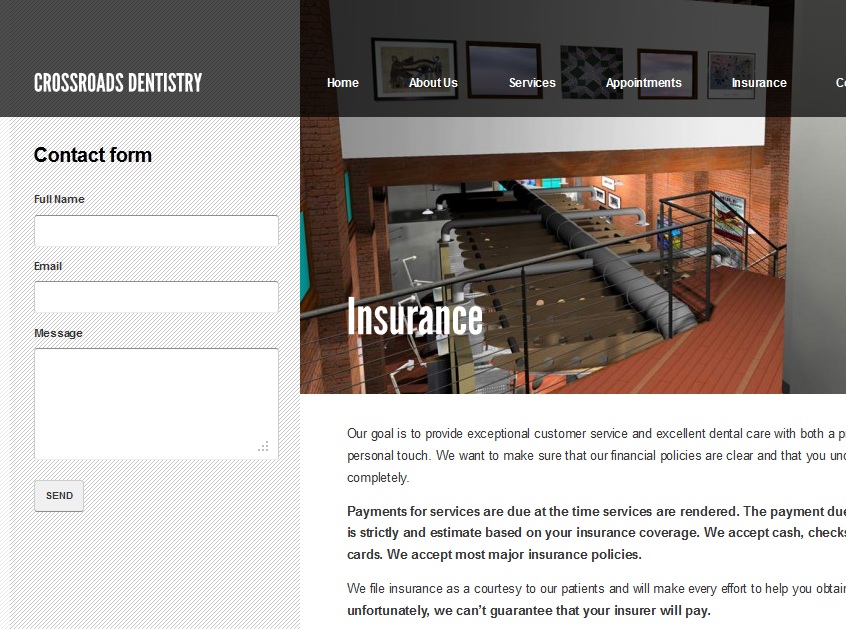Private medical practices, like many other small businesses, often do without a website. Is this a wise decision?
Recent studies have found that 72% of patients go online for health information before seeing their doctors. 96% of physicians in one study reported that they had been asked by patients about information they learned online.
Doctors are ambivalent about this: 31% in a European study reported feeling that the internet had made their relationships with their patients more difficult, while just about the same number said they had sent their patients online for information.
But a study commissioned by Google several years ago found that 86% of doctors looked for health information online, and a new survey last year showed the the percentage had risen slightly. In 2011, over 60% of the doctors surveyed had used information they found online in determining a diagnosis. 67% of doctors surveyed by QuantiaMD last year said they used social media professionally — usually to consult with colleagues about patients or to keep up with news in their field of practice. 78% said they’d like to use the internet for better patient education and 65% thought the internet could help them grow or maintain their practices. Numbers were higher for nurses and other practitioners.
It’s clear that the internet is a factor in health care. Yet medical professionals aren’t taking control of the internet, even in their own offices. Only 16% of doctors provide online appointment setting, only 8% use email for patient communication, and only 43% (according to Cisco) even have a website for their practice.
Why should healthcare professionals have websites?
- Grow or maintain practices. People looking for a doctor look online. People deciding which doctor to see also look online. Without a website, a practice may show up only at “Rate Your Doc” sites, which rarely provide complete information. Current patients going online for information or to make an appointment will — if your office doesn’t have a website — explore competitors. While “I already have all the patients I can care for” is one of the main reasons medical professionals give for doing without a website, being the last dentist or optometrist in town to have a website may be a poor business decision.
- Increase efficiency. A website can have the answers to common questions, forms to download, and all that insurance information you have to explain repeatedly every day. Reduce phone time by saying, “I’m going to email you the link to that information,” and offer patients a card with a link instead of brochures — increasing numbers of patients prefer it.
- Improve patient care. Clearly, patients want to be able to get information online. With a website, a medical professional can provide or link to reliable information rather than having to respond to inaccurate information patients have found on their own.

If you’re ready to get your practice online, we can help. Call Julianne at 479.966.9761 to get started.
Not ready yet? Download our free e-book, A Successful Medical Website, for more information on how to use a website in your practice.


Leave a Reply